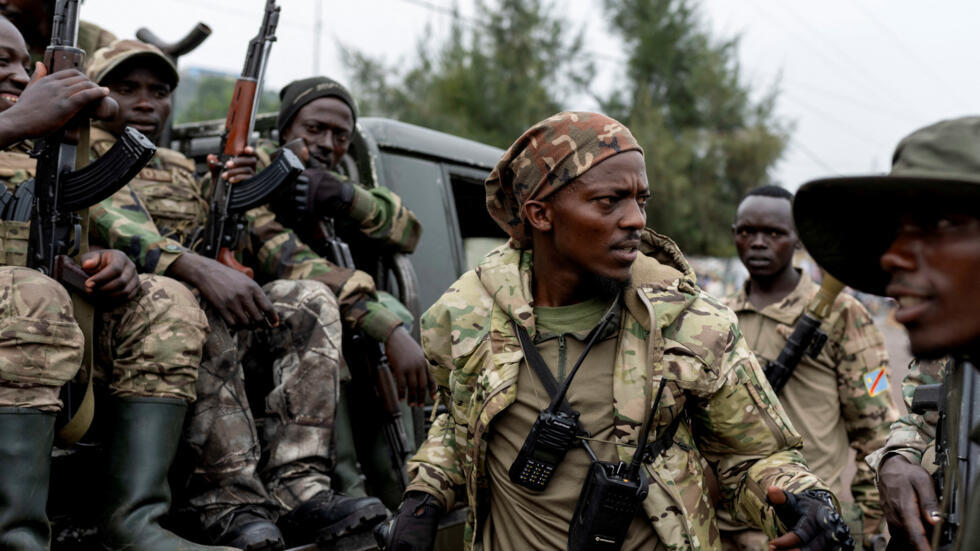
The M23 rebel group on Thursday rejected allegations of looting at least 500 kilograms of gold from Twangiza Mining’s concession in South Kivu.
The mining firm accused M23 of secretly transporting the bullion through underground channels, claiming Rwandan technicians were used to extract geological data.
Rwanda has consistently denied supporting M23, despite repeated claims from U.N. experts and Western and regional governments regarding rebel backing.
At a press conference, Corneille Nangaa, leader of a rebel alliance including M23, said the mine was not operational and only artisanal miners were present.
Nangaa added that M23 lacked the equipment to run the site, pushing back against accusations of organised extraction and smuggling.
He also blamed Congolese government forces for attacking the mine, including aerial strikes that killed civilians, without specifying a death toll.
A drone strike on October 15 destroyed the mine’s power generation infrastructure, though responsibility for the attack remains unclear, Twangiza said.
The Congolese government did not respond to requests for comment regarding these allegations and ongoing confrontations at the site.
M23 seized the Twangiza mine in May during a lightning offensive, expanding its control over eastern Congo territory more than ever before.
The mining company reported monthly losses of over 100 kilograms of gold, along with $5 million in equipment and materials, and has declared force majeure.
Twangiza plans to file formal complaints with international arbitration and Congolese authorities, seeking accountability for the alleged seizure and destruction.
Armed groups regularly seize mining sites in eastern Congo, a region rich in minerals, with U.N. investigators noting M23 earned $300,000 monthly from coltan taxes in Rubaya.
